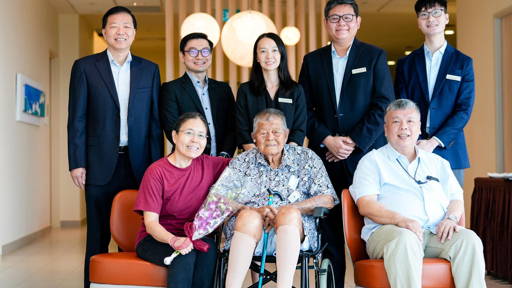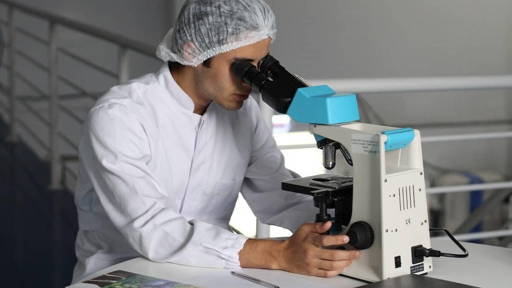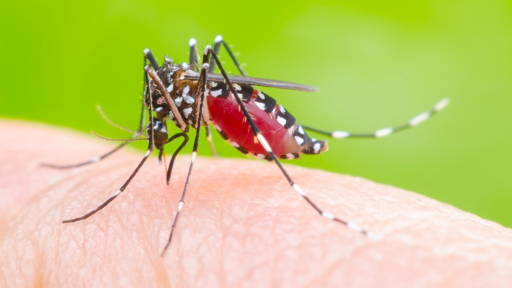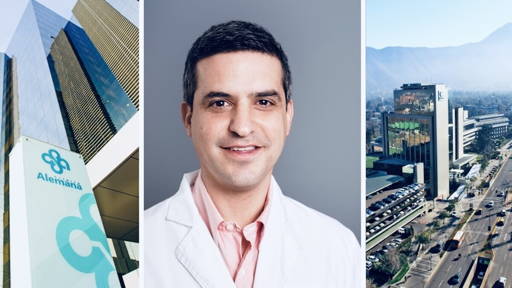In may, The Royal Marsden cancer center announced the results of a partnership with NTT DATA (specializing in digital business technology) and CARPL.ai (a platform for AI and machine learning operations). Together, they have designed, built, and implemented an AI-driven analytics service for radiology for the development and evaluation of AI in medical imaging. The goal is to boost cancer research and improve patient treatment outcomes.
The partnership aims to ensure that cancer can be detected and treated more quickly thanks to medical imaging, as is the case in the British National Health Service (NHS). The service is funded by a three-year grant from the British National Institute for Health and Care Research (NIHR). It has long been known that AI can significantly accelerate and refine the identification of imaging biomarkers. This research initiative focuses on the development and evaluation of AI algorithms to improve the accuracy of oncological examinations, including sarcomas, lung, breast, brain, and prostate cancer.
Customized AI computing solution
The service runs on an MLOps platform for clinical imaging, built and managed by NTT DATA. To make this possible, NTT DATA has developed a customized AI computing solution that helps test and manage AI algorithms and contains a large collection of radiology AI models.
NTT DATA also provides AI consulting services that assist with imaging. This allows researchers at The Royal Marsden to test and evaluate new AI tools in a real clinical environment. Professor Dow-Mu Koh, Professor of Functional Cancer Imaging & Consultant Radiologist in Functional Imaging at The Royal Marsden, says that AI provides clinicians with valuable support in diagnosing and treating cancer earlier and more accurately. “By collaborating with NTT DATA and CARPL.ai, we have created a scalable research environment in which we can safely explore the full potential of AI. In this way, it will one day transform the diagnosis and treatment of cancer across the NHS.”
Different types of cancer
Once the service is up and running, The Royal Marsden's research teams will test the various AI models on multiple types of cancer. CARPL.ai's centralized interface and built-in monitoring tools will allow the research teams to track the models' performance over time, enabling faster feedback loops between development and implementation.
Karin Smyth, Minister of Health in the United Kingdom: “Our 10-year plan for healthcare will modernize the NHS. Old systems are making way for smart digital solutions. The first tests with AI have only just begun, but they show exactly what a collaboration between the NHS, companies, and universities should look like.”
Technology is increasingly being used to detect cancer at an early stage. For example, the IJsselland Hospital in the Netherlands has recently started using modern technology to identify suspicious spots on the skin at an early stage. The so-called Fotofinder ensures faster diagnosis and more effective treatment, which increases the chance of a successful cure.









